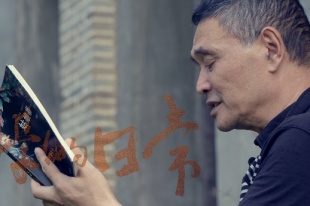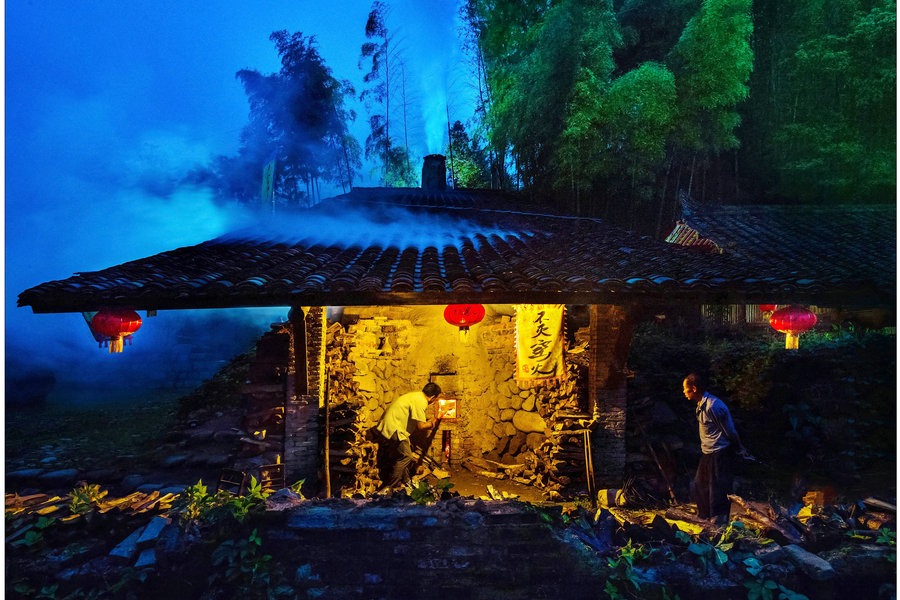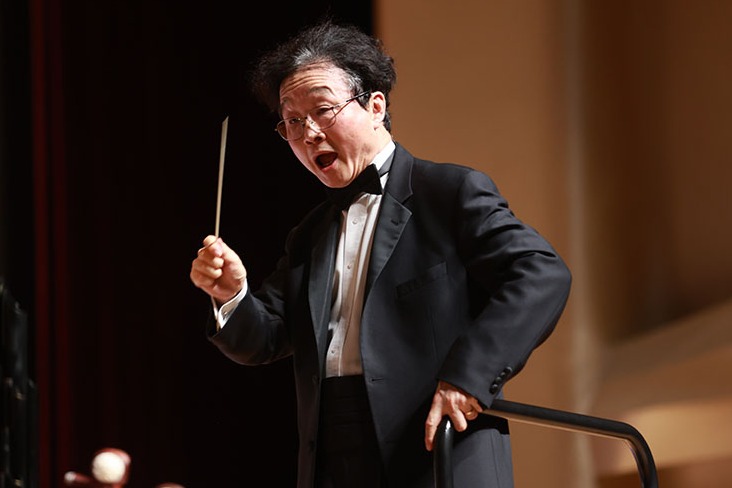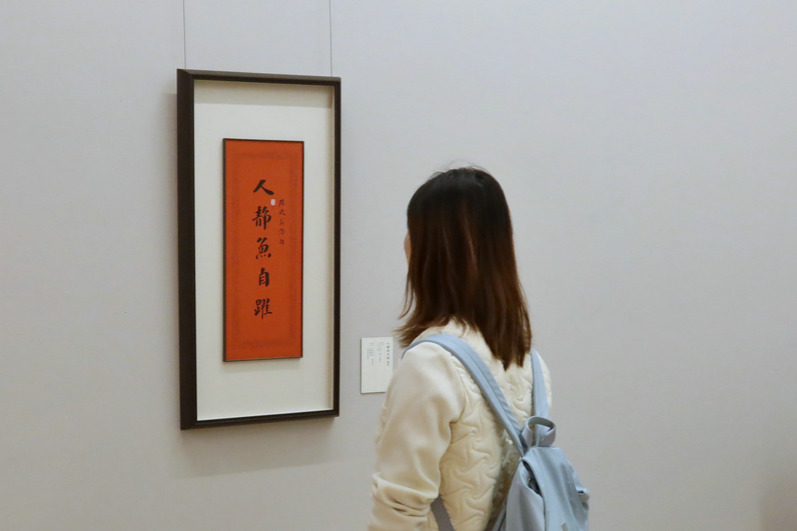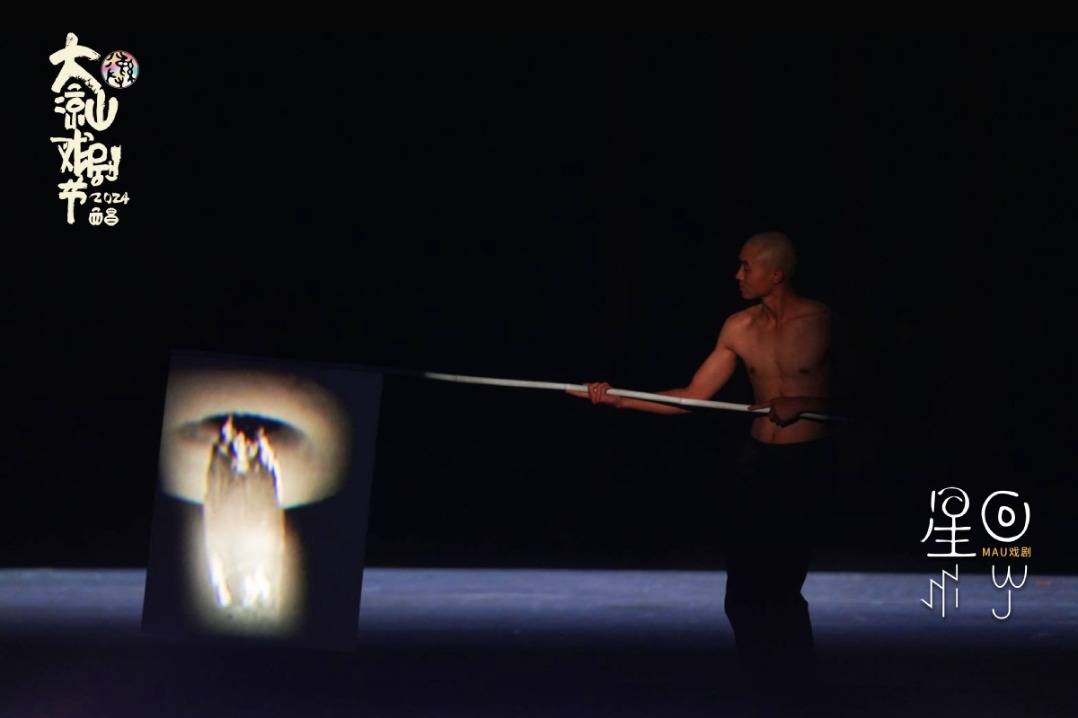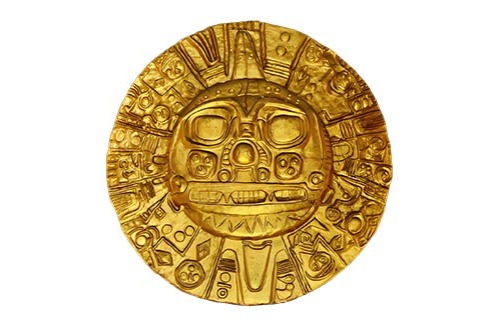Journey of authors
A new Chinese documentary is drawing academics and young viewers, Wang Kaihao reports.

Novelist Ma Chia-hui, who lives in Hong Kong, chose to talk about life and death while walking in a graveyard in another episode.
And,"feeling uncomfortable" can be inspirational.
In one episode, author Mai Jia, 55, whose spy-genre novels, including Decoded and The Message, have been translated into more than 30 languages, talks with nostalgia in the house where he spent his childhood. Some people are seen playing mahjong. The author suddenly begins to introspect: "Training in literature has made me too sensitive to find joy in everyday entertainment. I am too sensitive and can easily go to extremes."
Mai, who was initially tense during recording, fully opens his heart later. Wang says it is the documentary's most highlighted moment.
On Douban, a major film and TV review website, Wenxue De Richang has received 8.6 points out of 10.
"I'm surprised to find many people in their early 20s love it, though we originally thought it may cater to academics," Wang says. "We often thought they (young people) prefer short clips with quick rhythm. However, who doesn't have a sleepless night when hearing raindrops outside and falling into nostalgia? It reminds us not to simply stereotype young generations."
In modern society, not everyone has the time to read books, he adds.
"People still consider reading to be a beautiful thing. We hope our documentary awakens this feeling."
Meng Yan, producer of the documentary, says literature is not the threshold for the audience.
"The authors talk about hometowns, generation gaps, juvenile issues, life and death, and many themes concerning all of us," she says.
"Audiences will be led to notice some subtle emotions in life, which can be easily neglected ... Books are only teasers to introduce us to the authors' worlds. We can think of our own pain points and explore what is a really interesting life."
Meng says the COVID-19 pandemic has also given the audience more space to resonate with and get inspired by the production.
"Only when faced with diseases or other emergencies do people begin to consider how their lives can be rearranged and what the next steps should be."
While the documentary may trigger people's metaphysical thinking, one thing is still very down-to-earth: Though the authors' works and glorious resumes do not frequently appear in the documentary except when they are invited to read some chapters from their own books, some of their novels have been out of stock online since the documentary was released, the director says.
It took Wang two years to collect the footage in spite of the relatively short duration of shooting.
"I have to take a long time getting out of one author's world and looking for the right mood for the next one," he says.
He has followed 10 authors for the project, so there will be a season two, with five more episodes.


